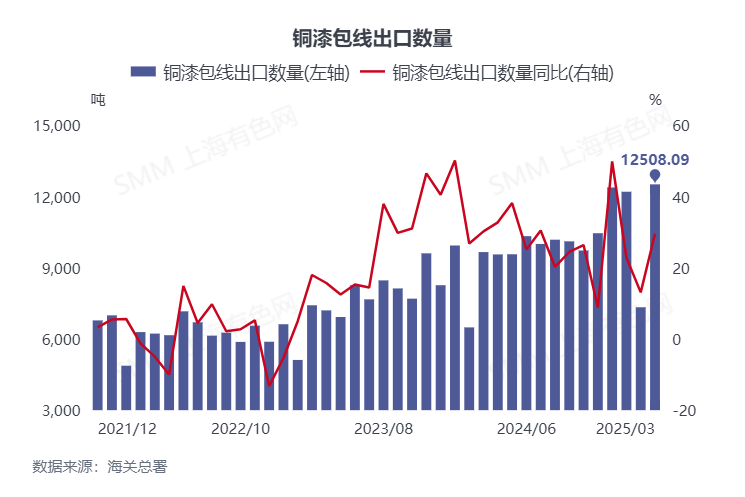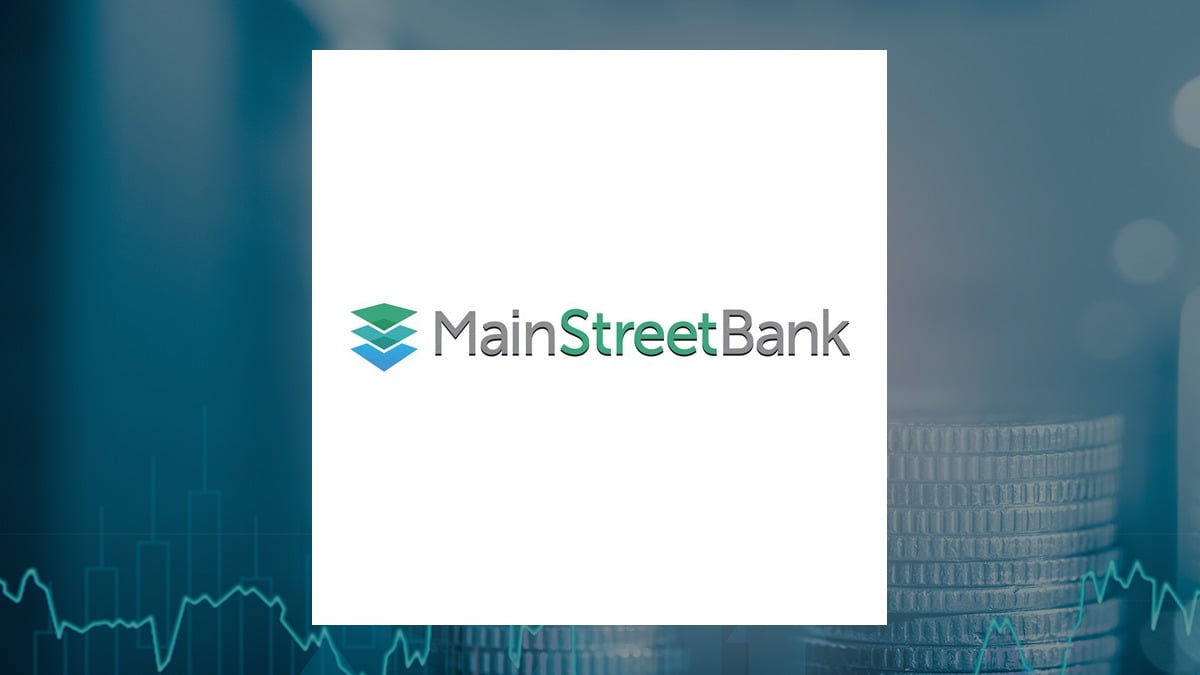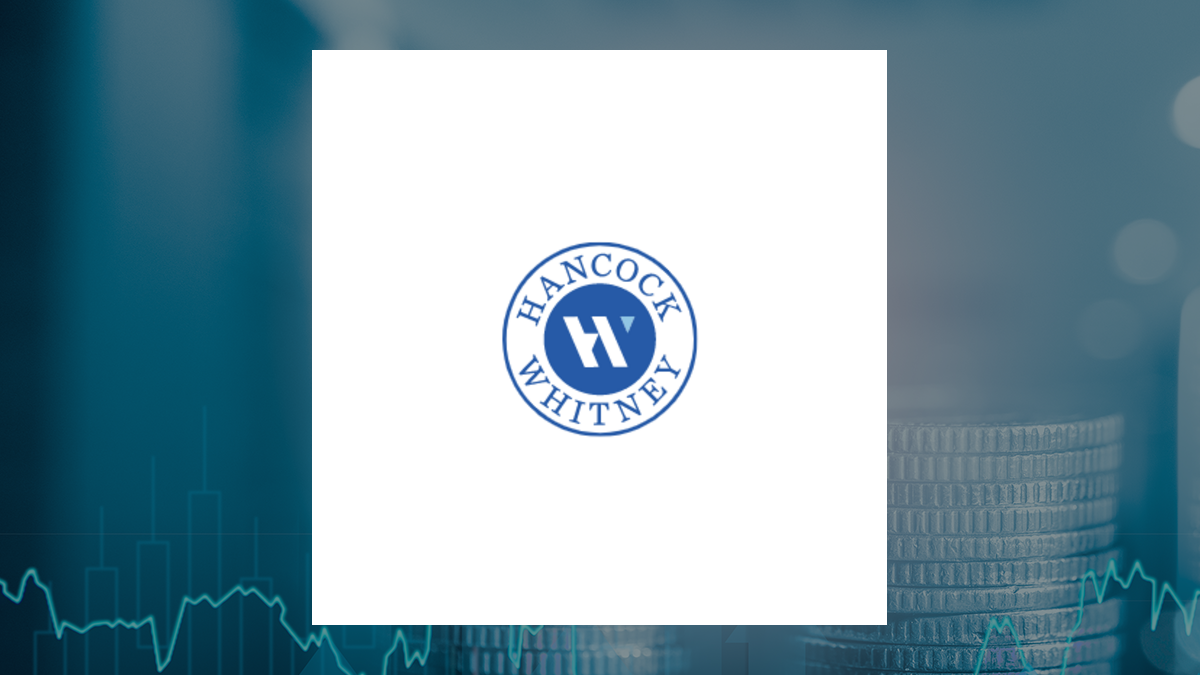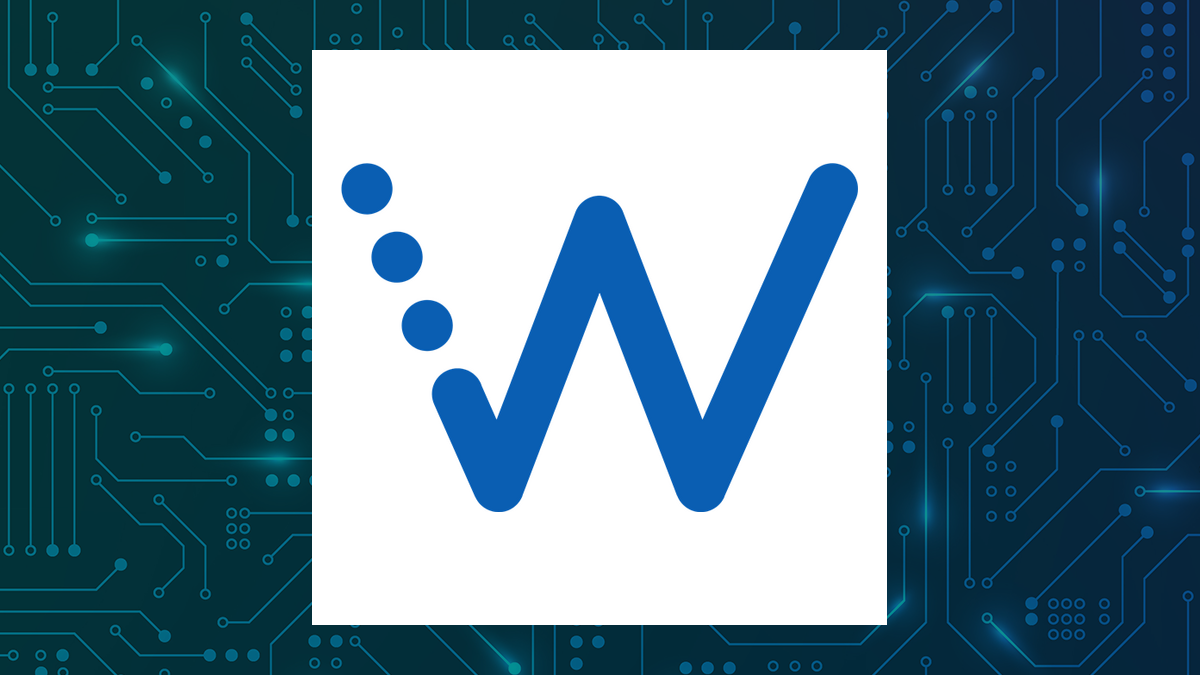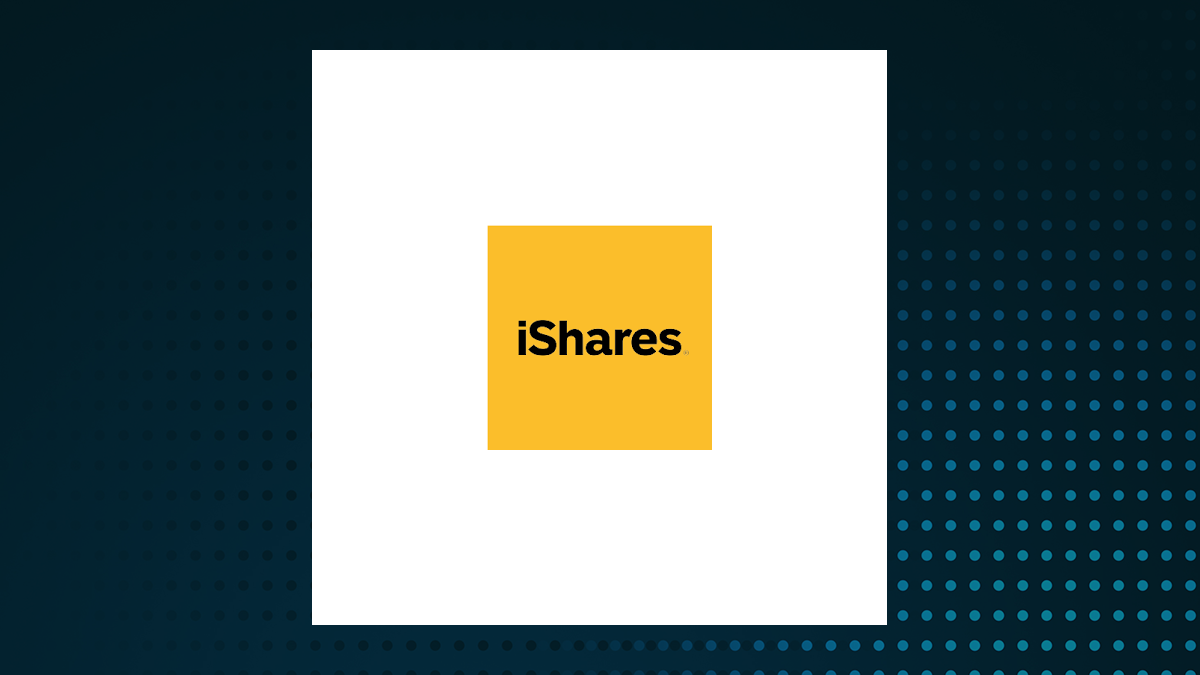Share Share Share Share Email In today’s digital transformation era, financial markets are experiencing rapid technological evolution, requiring brokerage systems to be more resilient than ever. Firms must adopt innovative strategies to maintain operational continuity with the rise of high-frequency trading, regulatory compliance complexities, and unpredictable market volatility. Based on insights from Raghu Danda , a seasoned software development and engineering expert, this article explores the key technological advancements shaping the future of brokerage platforms .
His expertise provides a comprehensive guide to the innovations ensuring the stability and security of modern trading systems. High-Frequency Trading and Performance Optimization As the financial sector leans heavily on automation, high-frequency trading has become a cornerstone of modern markets. Today’s trading platforms must process millions of orders per second, with latency requirements shrinking to microsecond levels.

Advanced optimization strategies, such as AI-driven resource allocation and predictive analytics, have been instrumental in managing this load efficiently. Implementing machine learning in trade execution allows for intelligent rate limiting and adaptive circuit breakers, reducing the risk of cascading system failures. Infrastructure Redundancy: A Key to Reliability Ensuring uninterrupted service is crucial for brokerage firms operating in global markets.
Geographic distribution of data centers has become a norm, with leading financial institutions deploying multiple backup locations to counter system failures. AI-driven predictive routing significantly enhances latency optimization, improving network efficiency and reducing the risk of trading disruptions. Hybrid network topologies that integrate fiber and wireless connections further bolster system resilience, ensuring seamless market connectivity even during high-stress conditions.
Cybersecurity in Trading Platforms Robust cybersecurity frameworks have become indispensable with increasing cyber threats targeting financial institutions. Next-generation firewalls and AI-enhanced threat detection systems now handle massive data flows while identifying potential breaches in real time. Adopting Zero Trust Architecture minimizes unauthorized access by implementing rigorous authentication measures.
Additionally, machine learning-powered monitoring systems enable rapid response to emerging threats, protecting brokerage firms from sophisticated cyberattacks. Regulatory Compliance and Data Management Navigating the complex web of financial regulations requires advanced compliance strategies. Brokerage systems must adhere to multiple regulatory frameworks, necessitating the implementation of detailed audit trails and secure data retention policies.
Modern platforms utilize AI-driven data replication techniques to maintain data integrity while processing millions of transactions per second. Encryption protocols optimized for quantum resistance are also being deployed to ensure secure data transmission in high-frequency trading environments. Market Volatility and Dynamic Risk Management Extreme market conditions can lead to significant disruptions if brokerage systems are not equipped to handle sudden spikes in trading activity.
Machine-learning-powered real-time risk assessment models allow firms to dynamically adjust system capacities during periods of heightened volatility. Automated contingency protocols, including circuit breakers and failover mechanisms, help stabilize markets during price fluctuations, ensuring continuous trading operations without compromising performance. Innovations in Application Architecture Modern trading platforms have embraced microservices-based architectures to enhance scalability and resilience.
These systems efficiently manage complex error scenarios through intelligent retry mechanisms and adaptive load balancing. By integrating AI-driven error-handling frameworks, trading applications can dynamically detect, predict, and mitigate failures, ensuring seamless operations even during extreme market fluctuations. This approach minimizes downtime, optimizes performance, and strengthens system reliability.
With automated fault detection and recovery, brokerages can maintain uninterrupted service, improving execution speed and regulatory compliance. As markets grow more volatile, adopting these advanced technologies is crucial for sustaining stability, enhancing efficiency, and securing a competitive edge. The Future of Brokerage System Resilience Emerging technologies such as blockchain, AI-driven automation, and quantum computing are set to redefine brokerage system resilience.
Future platforms will leverage decentralized data processing to enhance security and reduce systemic risks. Adopting real-time analytics and predictive maintenance will strengthen trading infrastructures, ensuring that brokerage firms remain competitive in an increasingly digital landscape. In conclusion, Raghu Danda highlights that the evolution of brokerage systems hinges on continuous innovation and proactive risk management.
As market demands grow, firms must embrace cutting-edge technologies to enhance performance, security, and compliance. By integrating AI, advanced cybersecurity measures, and resilient infrastructure designs, brokerage platforms can confidently navigate the complexities of modern financial markets. The future of trading lies in adaptive, intelligent systems that can withstand the ever-changing landscape of global finance.
Related Items: brokerage platforms , Raghu Danda Share Share Share Share Email Comments.
Business
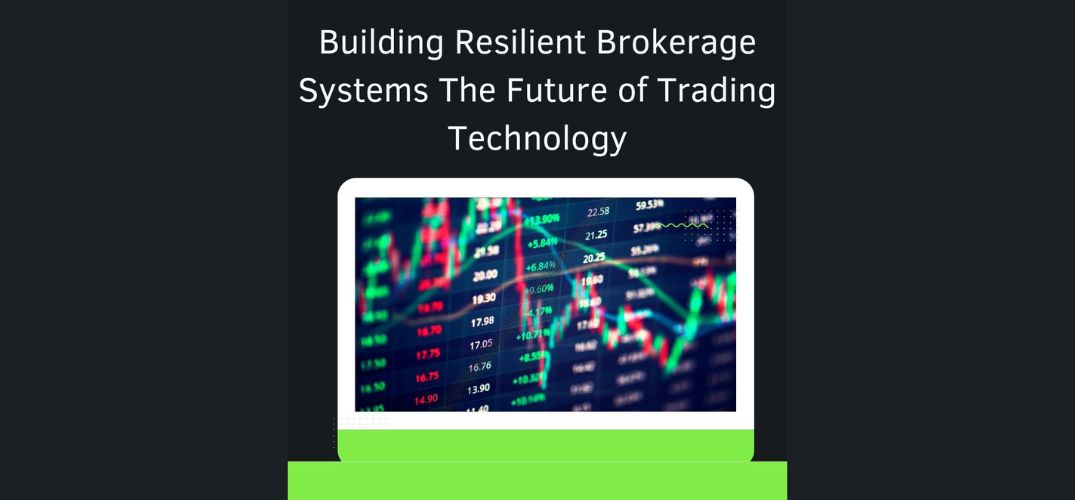
Building Resilient Brokerage Systems: The Future of Trading Technology

In today’s digital transformation era, financial markets are experiencing rapid technological evolution, requiring brokerage systems to be more resilient than ever. Firms must adopt innovative strategies to maintain operational continuity with the rise of high-frequency trading, regulatory compliance complexities, and unpredictable market volatility. Based on insights from Raghu Danda, a seasoned software development and engineering [...]The post Building Resilient Brokerage Systems: The Future of Trading Technology appeared first on TechBullion.








